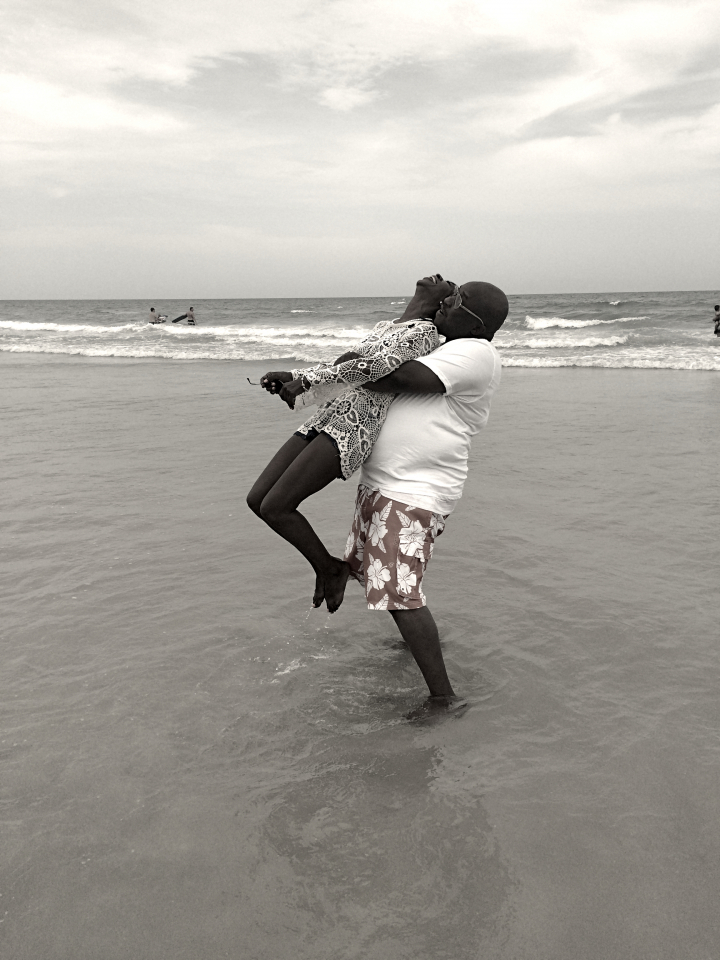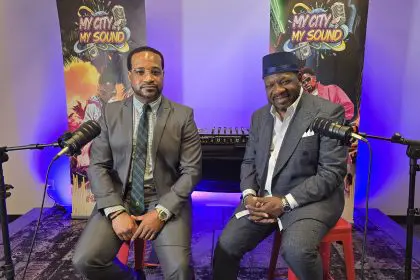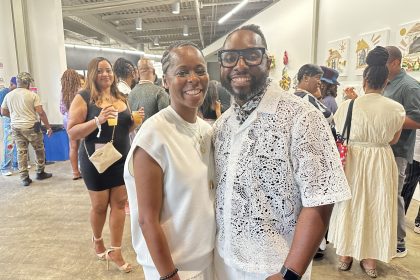
Prison B.R.E.A.K. is an acronym for Building Relationships Empowerment and Knowledge.
Living, Loving and Losing: Relating Behind the Wall
Maintaining relationships while in prison is not an easy thing. It will test the depth of any relationship a convict might have with another human. It will also challenge the limitations of those relationships and, it will reveal what love, loyalty and respect are and are not.
Relationships during incarceration are tricky. They have to be navigated with care, patience and integrity. Unfortunately, they are not always handled this way. Honestly, both inmates and the ones who love them will use incarceration as a means by which to escape a relationship or a reason to enter into one. Some will use incarceration as a tool for extortion. And others will use it as an opportunity to solidify or repair.
All relationships — parental, familial, platonic, romantic — will be tried as a result of someone going to prison. Maintaining these is a fete many find impossible to endure. First, loved ones have to grapple with the reality that their son/daughter/father/mother/sister/brother/lover/friend is capable of committing a crime for which they must serve a number of years in the penal system. Then, everything about how they are used to relating, changes. The freedom to interact with one another in the ways in which they are familiar, disappear.
My experience has been such that prison actually helped me repair and maintain many of the relationships I had prior to going to prison. It gave me the time, space and opportunity to come to an understanding about who I was first and who other people were in relation to me second. I was afforded enough solitude to evaluate how I affected peoples’ lives and how they affected mine, in a profound way. I came to appreciate not only those relationships but the individuals with which I was having them.
For many inmates, this will not be easy. Many are so stuck inside of their ego, so motivated by the (false) notion that people on the outside owe them something, that they miss the opportunity for real, true personal and interpersonal growth.
Some of these convicts might even avoid contact with their family or loved ones for myriad reasons, but mostly because of guilt or shame. They would rather have no interaction at all if it meant confronting deep-seated issues that they are ill-equipped or unprepared to face.
But let’s talk for a moment about romantic relationships. These are particularly tricky, they can also be quite difficult to maneuver, especially if the foundation was shaky prior to conviction. Marital relationships are hardest because it can contradict to some degree the vows taken before God and family and friends. “… In sickness and health, for richer or poorer, ’til death do us part …” But what about a sentencing that renders life without the possibility of parole, or the death penalty or a hot 12- 25?
Should a person ask or expect their spouse to wait or be faithful or monogamously committed? That is not an answer I can give anyone, here, via this platform. However, when and if the time comes, the conversation should be broached in such a way that both parties leave it knowing they have been heard, honored and respected. But I can contribute this: every one of us has a right to love and be loved. We all desire intimacy, to be told we are beautiful, to be wanted, to be touched, spoken to sweetly.
We all need, in our physical presence someone upon whose shoulder we can place our heads, someone to just listen when we have something to say. Think about those things when placing demands or considering ultimatums.
Additionally, many convicts, even behind bars, play the “game.” Many shuffle through a revolving door of relationships for a distorted sense of survival. They will engage people in whom they have no interest in seriously relating, people who if they were on the outside, they would not give the time of day. But prison is different. It’s lonely, it’s dog-eat-dog. And for those convicts that don’t receive support from family members or loved ones, naive men and women with low self-esteem, no family structure and who might be lonely themselves can fall victim to their prey.
Inmates: Relationships are designed to bring us to our best selves, no matter what kind of relationship it is. We come to know ourselves through interactions with our friends and loved ones. While you are in prison, people we love will come and go. Your bid will be too heavy for some relationships to withstand. This is a reality in the life of a convict. Learn to cherish the relationships that you are able to hold on to. Contribute to them as much positivity, knowledge and peace as you can. Allow the people in your life the space to discover who they will be to you in this situation, keep in mind that it is not easy for them either. Always interact with them to the highest degree of integrity.
Loved ones: There is nothing wrong with establishing boundaries. Whether you are the mom, dad, sister, brother, son, daughter or lover, you are entitled to ask for and receive from your convicted loved one any and everything you require for self-care. This is your life to live, you do not have to be the one who is always compromising. When you are in a relationship with a convict, whether it’s platonic or quixotic, you have the power to customize it the way you see fit. You can set the ground rules, you can tailor how things will play out so that no one gets hurt. This requires full, unadulterated honesty. When both parties have adequate information, both parties can make an intelligent choice.
Dave Bishop is the founder of the nonprofit organization, K.I.T.E. Inc., Konnecting the Incarcerated Through Excellence.The mission of the organization is to provide mentoring and support to children, younger than 18 years of age, who live in urban, underrepresented areas, and have at least one incarcerated parent. K.I.T.E. facilitates programs dedicated to providing financial assistance, emotional and crisis counseling, and educational and life skills training.
Connect with Dave:
www.savemykite.org [email protected] FB: KITEUSA IG: @savemykite Twitter: @davereign













